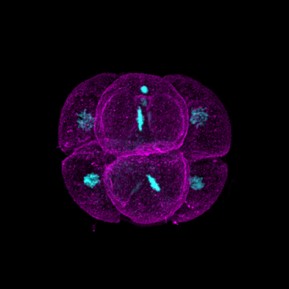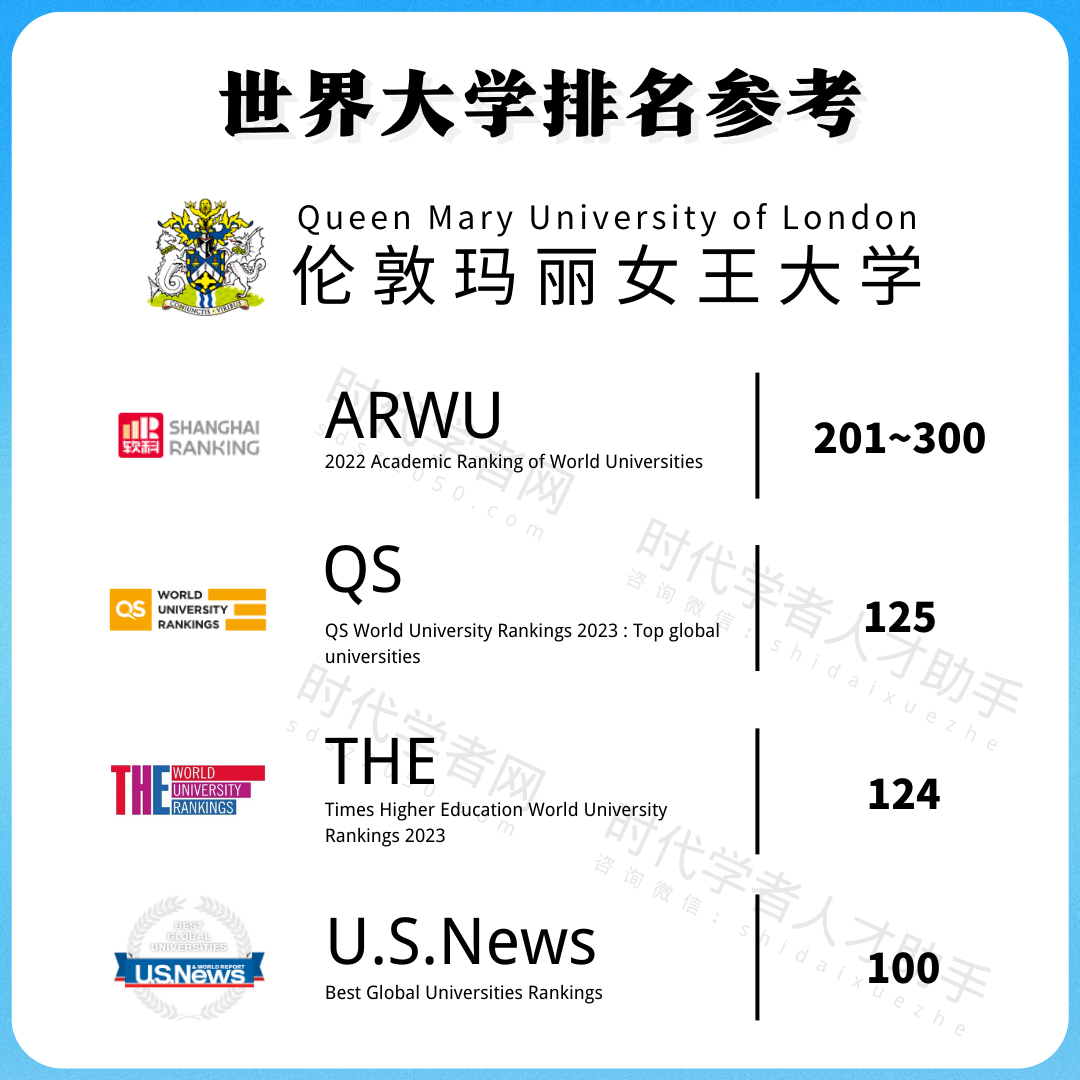
Bridging the gap: dissecting the role of RNA binding proteins during spiral cleavage
Supervisors: Dr Chema Martin (martinduranlab.com),Dr Paul Hurd and Prof Viji Draviam
For further info contact Chema at chema.martin@qmul.ac.uk
APPLY HERE:

In this project, you will investigate how RNA binding proteins (RBPs) control the earliest steps of animal embryogenesis. These proteins are crucial in connecting RNAs the mother provides in the egg to the cytoskeleton of the zygote and the first embryonic cells. In this way, RBPs distribute maternal RNAs in the embryo to control the earliest steps of development. You will ask three major questions: How did RBPs evolve in animals? How do RBPs distribute during early spiral cleavage? and what are the roles of RBPs?
You will rigorously answer these questions by combining state-of-the-art experimental and computation approaches, in a unique academic and collaborative environment.
- You will have access to large transcriptomic and genomic databases, and in-house live organisms to fuel your investigation.
- You will gain experience in molecular techniques (gene expression, protein localisation, microscopy) and bioinformatics (molecular evolution, RNA-seq analyses).
- You will be encouraged to develop your own ideas and hypotheses.
In a multidisciplinary project like this, candidates are unlikely to have a background in all disciplines involved. The most important qualification is motivation, enthusiasm and that the project appeals to you. However, we can envisage strong candidates coming through diverse routes:
- molecular biology
- developmental and cellular biology
- biotechnology
- computational and evolutionary biology
Applicants from outside of the UK are required to provide evidence of their English language ability. Please see our English language requirements page for details:
https://www.qmul.ac.uk/international-students/englishlanguagerequirements/postgraduateresearch/
This studentship is open to students applying for China Scholarship Council funding. For further information, please see:
https://www.qmul.ac.uk/sbbs/postgraduate/phd-programmes/projects/display-title-935661-en.html


